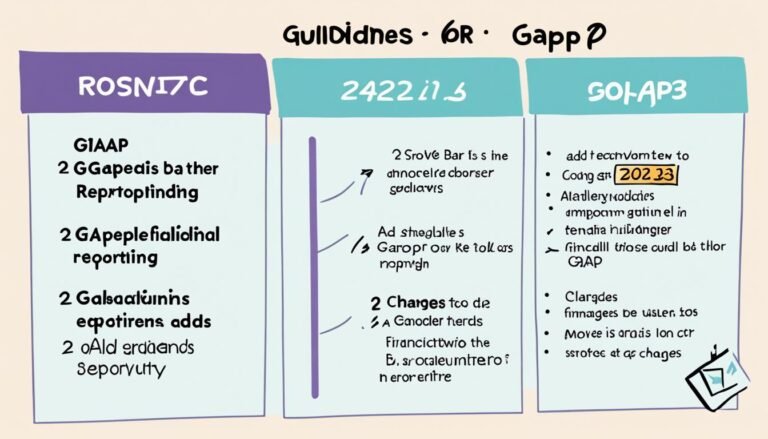What Constitutes Insider Trading?
What Constitutes Insider Trading? A Guide for Finance Professionals
Insider trading is a critical issue in the financial world, carrying both legal and ethical implications. As finance professionals, it’s essential to understand what insider trading entails, how to recognize it, and how to avoid actions that could lead to legal consequences or damage professional reputation. This article aims to provide a detailed exploration of insider trading from a regulatory and ethical perspective.
Defining Insider Trading
Insider trading refers to the buying or selling of a company’s securities by someone who has access to material, non-public information about the company. This information, often referred to as “inside information,” is not available to the general public and can have a significant impact on a company’s stock price once it becomes public.
In simple terms, insider trading occurs when someone takes advantage of privileged information for financial gain, creating an unfair advantage over regular investors who don’t have access to the same information.
Legal vs. Illegal Insider Trading
It’s important to note that not all insider trading is illegal. Company executives, directors, and employees regularly buy and sell company stock. As long as these trades are conducted in compliance with the regulations set by the U.S. Securities and Exchange Commission (SEC) or other relevant regulatory bodies, they are perfectly legal. In fact, corporate insiders are often required to disclose their trades, and these are carefully tracked through public filings (like Form 4 filings in the U.S.).
However, insider trading crosses into illegal territory when trades are based on material, non-public information. This unfairly tilts the playing field in favor of insiders and violates the principle of market integrity.
Material, Non-Public Information: The Crux of Insider Trading
The defining characteristic of illegal insider trading is the use of material, non-public information (MNPI). Here’s a breakdown:
- Material information: Any information that a reasonable investor would consider important when making an investment decision. Examples include earnings reports, mergers and acquisitions, changes in senior management, product launches, or litigation outcomes.
- Non-public information: This refers to information that hasn’t been released to the public and, therefore, is not available to average investors. Once the information becomes public, it loses its “insider” status.
For example, if a company executive learns about an upcoming merger that will cause the stock price to rise and trades on this information before the news becomes public, this would constitute illegal insider trading.
Examples of Insider Trading Scenarios
To illustrate insider trading, let’s consider a few common scenarios:
- Corporate Executive Trading on Earnings Data: Suppose a CEO is aware that the company’s quarterly earnings report, to be released next week, is significantly higher than market expectations. If the CEO buys stock before the earnings announcement, knowing that the stock will likely increase in value, this would be considered insider trading.
- Employee Tips a Friend: An employee of a pharmaceutical company learns that a new drug approval is imminent, which will dramatically boost the company’s stock price. If the employee tips off a friend who then buys shares, both the employee and the friend could be guilty of insider trading.
- Third-Party Insider Information: Insider trading doesn’t only involve company insiders. For example, if an investment banker working on a confidential merger leaks information to someone who buys or sells stock based on that tip, it could result in insider trading charges for both the tipper and the trader.
Legal Consequences of Insider Trading
The consequences of illegal insider trading are severe. Regulators like the SEC or equivalent bodies in other jurisdictions are tasked with detecting and prosecuting cases of insider trading. Penalties for those found guilty can include:
- Fines: Individuals can face substantial financial penalties, including up to three times the profits gained or losses avoided through insider trading.
- Imprisonment: Insider trading is a criminal offense. Convictions can result in prison sentences, often several years depending on the severity of the offense.
- Disgorgement of Profits: Any profits made from illegal insider trading must be surrendered to the regulatory body.
- Professional Repercussions: Being found guilty of insider trading can lead to career-ending consequences, including being barred from serving as a director or officer of a public company and other industry-specific sanctions.
Insider Trading Laws Around the World
While insider trading laws are strict in most countries, they can vary in terms of enforcement and penalties. For instance:
- United States: The SEC enforces strict insider trading laws under the Securities Exchange Act of 1934. The penalties include hefty fines and prison time.
- European Union: The Market Abuse Regulation (MAR) governs insider trading across EU countries. It similarly prohibits trading on inside information and enforces disclosure requirements.
- Asia: Countries like Japan, India, and China have also implemented strict insider trading laws, with heavy penalties and aggressive enforcement.
Finance professionals operating in multiple jurisdictions must ensure they comply with the local regulations governing insider trading.
Preventing Insider Trading: Best Practices for Finance Professionals
To avoid the legal and ethical pitfalls of insider trading, finance professionals should adhere to several best practices:
- Adopt a Compliance Mindset: Organizations should establish robust insider trading policies, and employees should familiarize themselves with these rules. Awareness and training are crucial in preventing accidental breaches.
- Trading Windows: Many companies establish specific periods, known as “trading windows,” when insiders are allowed to trade company securities. These windows usually follow the public release of financial statements to minimize the risk of trading on undisclosed information.
- Avoid MNPI: If you come into possession of material, non-public information, do not act on it or share it with others. It’s best to consult your legal or compliance department before proceeding with any action.
- Insider Trading Disclosures: Finance professionals and corporate insiders should always disclose their trades as required by law. This fosters transparency and builds investor trust.
- Strong Internal Controls: Companies should implement internal controls and tracking systems to monitor insider trading activities and prevent potential abuses. This can include pre-clearance requirements for trades or a designated compliance officer to oversee trades by corporate insiders.
Conclusion
Understanding what constitutes insider trading is essential for finance professionals who operate in highly regulated markets. The ability to distinguish between legal and illegal trades and navigate material, non-public information is vital to maintaining both personal integrity and market trust. Ultimately, it’s about balancing the fine line between privileged information and maintaining a fair, transparent marketplace where all investors have equal access to critical data.
By following regulatory guidelines, adopting best practices, and ensuring compliance with relevant laws, finance professionals can steer clear of the legal and ethical pitfalls of insider trading while maintaining trust and credibility in the marketplace.







